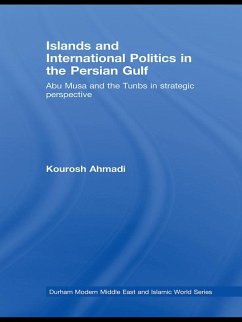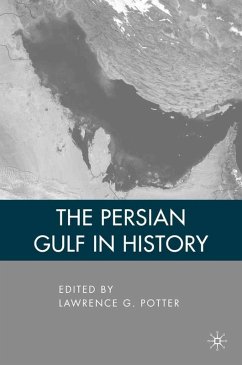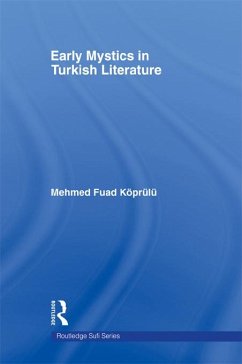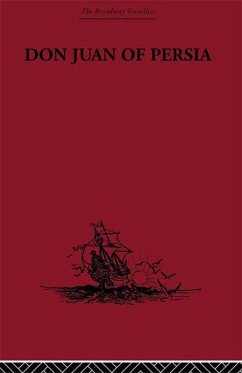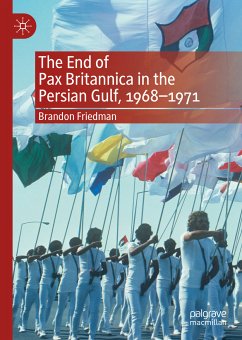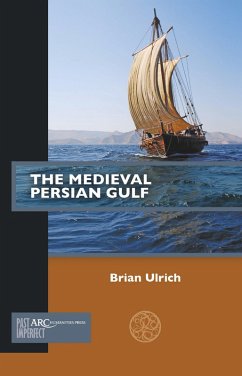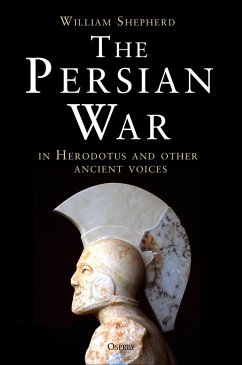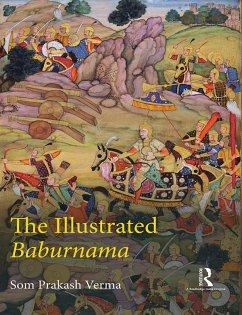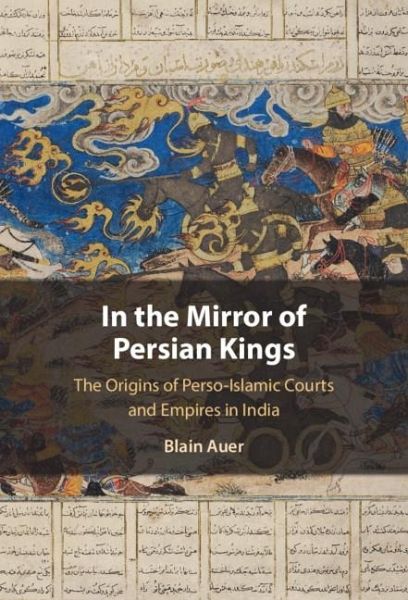
In the Mirror of Persian Kings (eBook, PDF)
The Origins of Perso-Islamic Courts and Empires in India
Versandkostenfrei!
Sofort per Download lieferbar
55,95 €
inkl. MwSt.
Weitere Ausgaben:

PAYBACK Punkte
28 °P sammeln!
For a period of nearly eight hundred years, Perso-Islamic kingship was the source for the dominant social and cultural paradigms organising Indian political life. In the medieval world of South Asia, Persian kingship took the form of a hybridized and adaptive political expression. The Persian king embodied the values of justice, military heroics, and honor, ideals valorized historically and transculturally, yet the influence of the pre-Islamic Persian past and Persian forms of kingship has not yet been fully recognised. In this book, Blain Auer demonstrates how Persian kingship was a transcult...
For a period of nearly eight hundred years, Perso-Islamic kingship was the source for the dominant social and cultural paradigms organising Indian political life. In the medieval world of South Asia, Persian kingship took the form of a hybridized and adaptive political expression. The Persian king embodied the values of justice, military heroics, and honor, ideals valorized historically and transculturally, yet the influence of the pre-Islamic Persian past and Persian forms of kingship has not yet been fully recognised. In this book, Blain Auer demonstrates how Persian kingship was a transcultural phenomenon. Describing the contributions made by kings, poets, historians, political and moral philosophers, he reveals how and why the image of the Persian king played such a prominent role in the political history of Islamicate societies, in general, and in India, in particular. By tracing the historical thread of this influence from Samanid, Ghaznavid, and Ghurid empires, Auer demonstrates how that legacy had an impact on the establishment of Delhi as a capital of Muslim rulers who made claims to a broad symbolic and ideological inheritance from the Persian kings of legend.
Dieser Download kann aus rechtlichen Gründen nur mit Rechnungsadresse in A, B, BG, CY, CZ, D, DK, EW, E, FIN, F, GR, HR, H, IRL, I, LT, L, LR, M, NL, PL, P, R, S, SLO, SK ausgeliefert werden.




